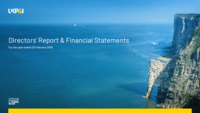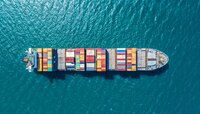1668 results:
Date: 1 July 2025
Date: 27 June 2025
Date: 25 June 2025
Date: 20 June 2025
Date: 19 June 2025
Date: 19 June 2025
Date: 13 June 2025
Date: 10 June 2025
Date: 10 June 2025
Date: 9 June 2025







